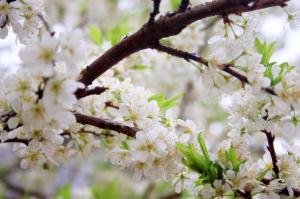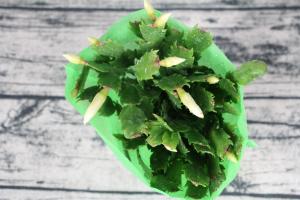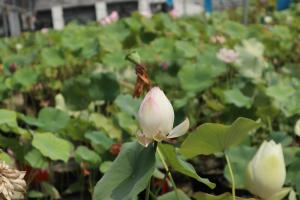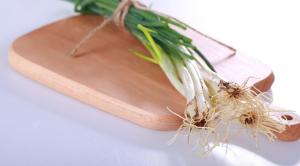1、 Curing method
1. Temperature: snow lotus has strong adaptability to low temperature. It can endure low temperature of tens of degrees below zero. For its seeds, it can germinate in an environment of three to five degrees, and its seedlings can withstand a low temperature of minus 21 degrees. Therefore, generally speaking, the temperature should not be paid attention to
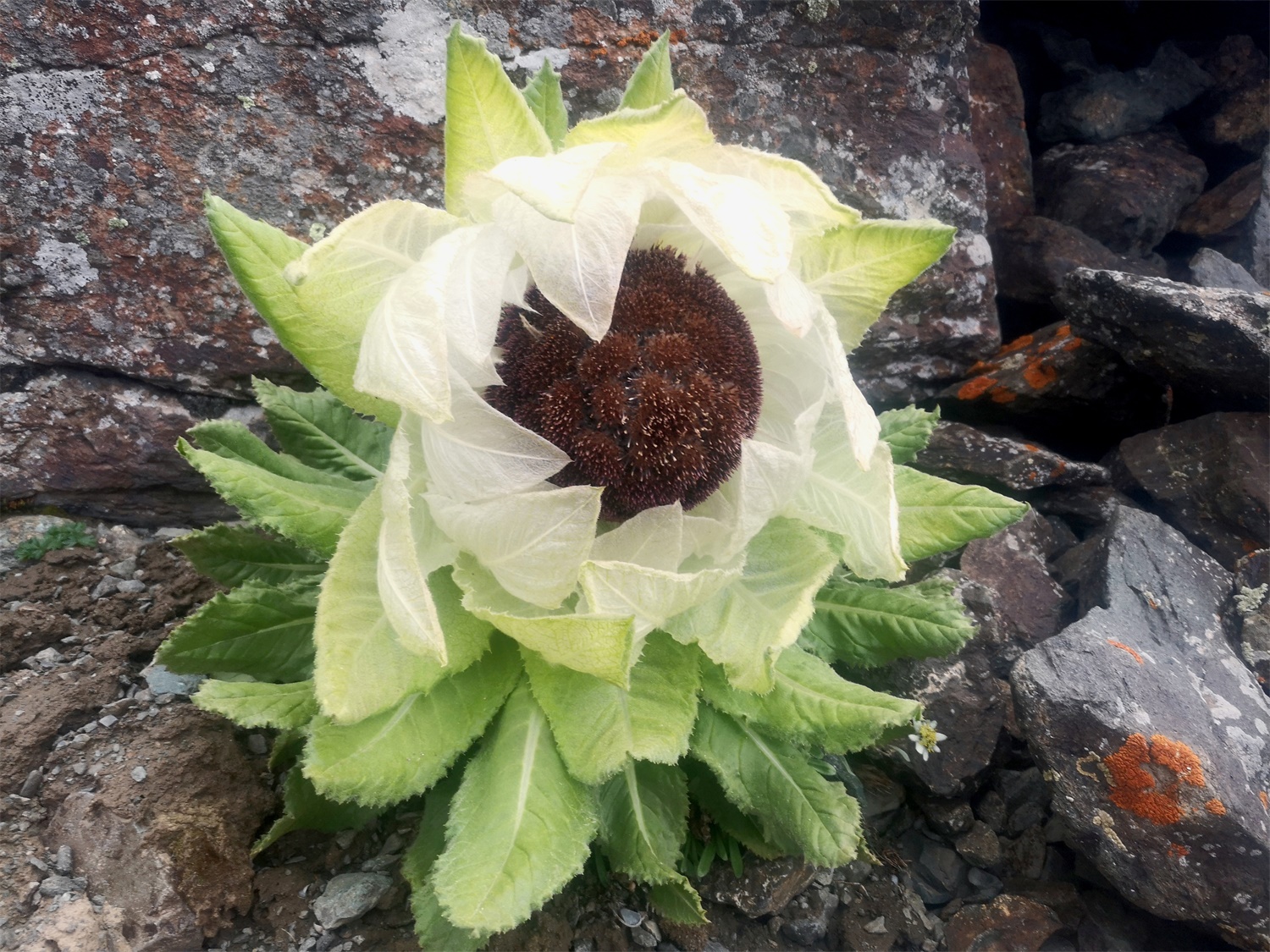
2. Light: the growth environment of snow lotus is very bad and the climate is very changeable. It can adapt to this environment, so the requirement for sunshine is not too high, and it can grow normally under weak light conditions

3. Watering: in the growing environment of snow lotus, it often rains and snows, and the normal precipitation is about 800 mm. If it is aquaculture, it is best to provide an appropriate amount of water to meet its requirements
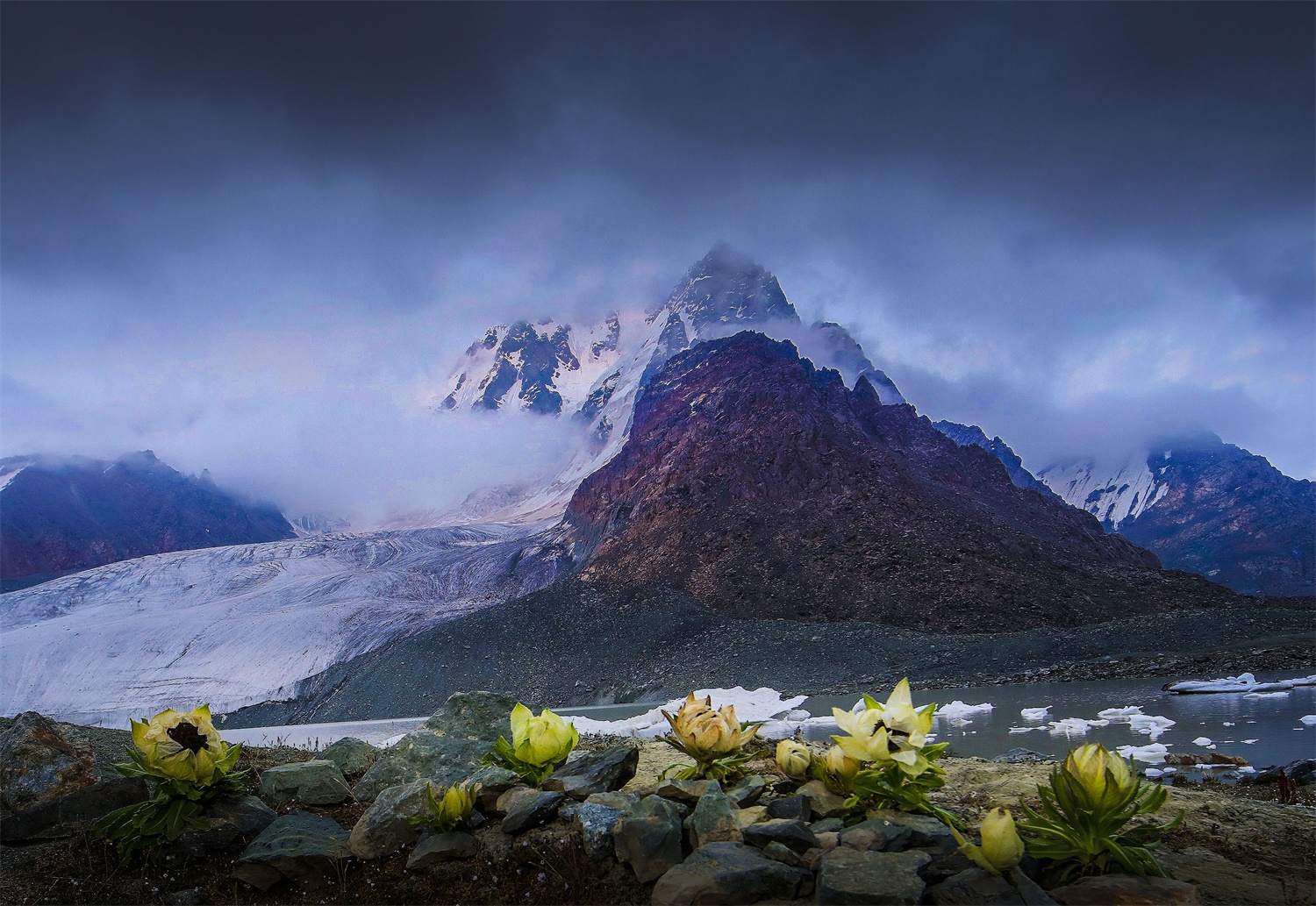
4. Fertilization: first of all, it is best to mix an appropriate amount of base fertilizer into the soil, accounting for about 20%. After that, topdressing can only be carried out in summer, once every 15 days

2、 Breeding skills
1. Reproduction: sowing can be used. However, in this way, it will take a long time from sowing to flowering. Generally, it can bloom slowly after three to five years. The seeds should be plump, big and shiny. And it is best to treat with rooting powder first. Humic soil and fine sand can be used as matrix. After sowing, the temperature should be between 20 and 26 degrees, which is most conducive to germination. Moreover, the moisture content of the soil is preferably about 60%

2. Weeds: during the growth of snow lotus, many weeds may appear next to it, competing with snow lotus for nutrients, water and sunshine. Therefore, it is best to pull them out in time, or use corresponding drugs

3、 Problem diagnosis and treatment
1. Diseases: during the seedling period, the diseases that are more likely to occur are "bacterial wilt" and "sudden fall disease", and the bacteria will also infect other plants. After discovery, the diseased plants shall be disposed of in time, then the water shall be controlled, and an appropriate amount of more fertilizer shall be added

2. Insect pests: there are not many insect pests, especially when the temperature is very low, so it's OK to spray insecticides if necessary

4、 Other issues
1. Toxicity: Saussurea involucrata has no poison. It is a very precious medicinal material

2. Whether it can be raised at home: generally not. It will be distributed in high mountains or planted in a large area as a cash crop< a>


 how many times do yo...
how many times do yo... how many planted tre...
how many planted tre... how many pine trees ...
how many pine trees ... how many pecan trees...
how many pecan trees... how many plants comp...
how many plants comp... how many plants can ...
how many plants can ... how many plants and ...
how many plants and ... how many pepper plan...
how many pepper plan...